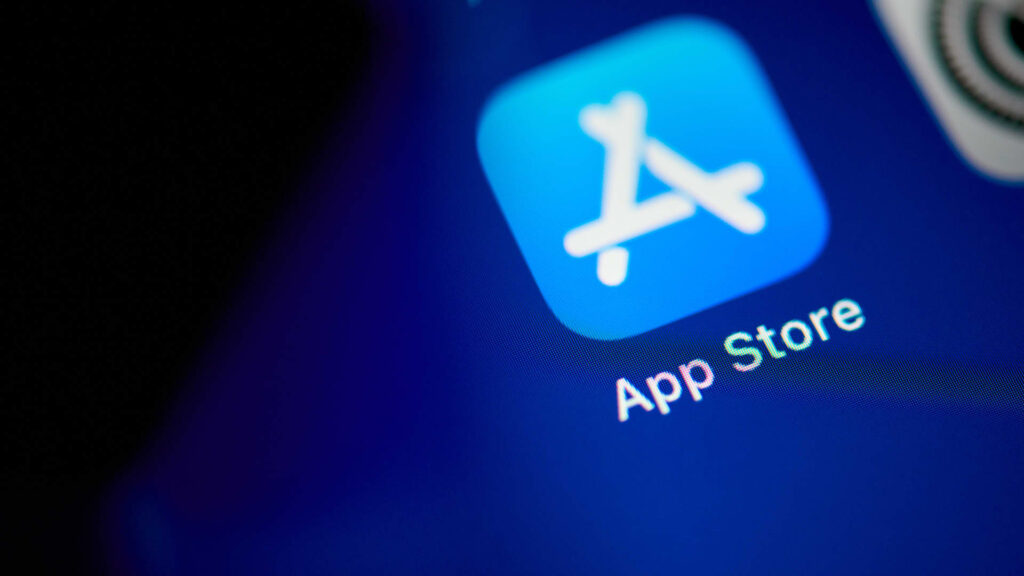Under the EU’s Digital Markets Act, Apple is required to allow developers to freely inform customers of alternative offers outside its App Store.
Gabby Jones | Bloomberg via Getty Images
Apple on Thursday said it would cut the company’s App Store fees from 30% to 15% for some app makers, if they enter into a new program administered by the iPhone maker.
The Mini Apps Partner Program offers app developers the better fee in exchange for using some of Apple’s technology to build their apps. This includes using Apple software to register a user’s purchase history, verify user ages and to process in-app purchases.
A “mini app” is a lightweight piece of software inside a third-party app store, like that of Discord’s. These apps uses are built using web technology like HTML or Javascript.
Most notably, China’s WeChat offers offers millions of mini-apps built by other developers to let users track packages, look up transit directions and shop online. Artificial intelligence companies like OpenAI are increasingly integrating mini apps inside their chatbots.
The move is Apple’s latest effort to evolve its App Store. The company has been under pressure from regulators in Europe and court decisions in the U.S. to give up control over its App Store and reduce its fees. In most countries, the Apple App Store is the only way to install software on an iPhone.
In recent years, the company has offered several similar programs for video apps, news apps and small app developers that cut the iPhone maker’s fees in exchange for developers choosing deeper integration and participation in Apple’s ecosystem.
Apple has argued that both developers and users are better off when using its technology and rules, instead of eschewing them to try to avoid fees.
“This program is designed to help developers who host mini apps grow their business and further the availability of mini apps on the App Store — all while providing a great customer experience,” the company said in its announcement.
Although Apple has banned others from offering their own app stores on its platform, it has been embracing mini apps in recent years. Last year, it allowed mini-apps to start charging for in-app purchases using Apple’s software for digital goods like in-game currency or lives in a video game.
All iPhone developers submit their apps to Apple, which reviews the submission using humans before making the software available for download on the App Store.
Participants in the new program will still have to provide Apple with information for each specific mini-app experience they offer.
WATCH: Investors view Apple’s capital discipline as a strategic advantage, says Plexo Capital’s Lo Toney












